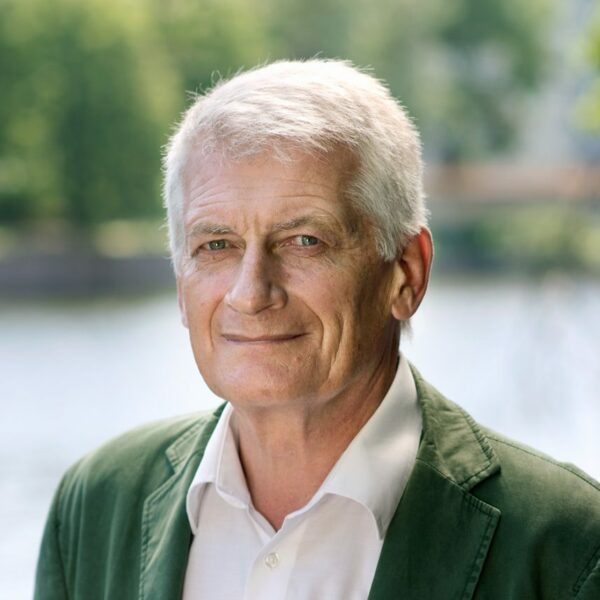This Q&A blog first appeared on Dóchas – The Irish Association of Non-Governmental Development Organisations’ website. It appeared as part of a series of blogs published in the lead up to their conference, Changing the Narrative: Building Support for Global Development – which will take place on Thursday 3 May in the Croke Park Conference Centre.
Some public opinion polls suggest that there is a significant lack of public trust in NGOs. What is the number one thing NGOs should be doing to regain public trust?
Trust is the bridge that links what we preach with what we practice. The larger the distance between our words and deeds, the more fragile the bridge of trust that connects both is. The recent scandals about sexual misconduct in some of the largest and most trusted organisations in our sector is a telling example of how the discrepancy between our statements and actions dramatically erodes trust. “The number one thing” civil society organisations (CSOs) should do to regain and preserve trust is to narrow the gap between what we preach and what we practice to an absolute minimum. In cleaning up the mess of the recent scandal, it is not sufficient to create some new structures, policies and working groups. We need a fundamental transformation of our sector’s male dominated culture, career paths and leadership.
One example of the gap between what we say and what we do on “gender justice” is the discrepancy between the number of women in our workforce compared to our leadership. In many organisations, two thirds of the staff are women while two thirds of the leaders are men. Practically all CSOs produce impressive statements on gender justice and women’s rights but very few have a share of female leaders that reflects the share of women in their staff. Such obvious gaps erode the public trust in our sector – and rightly so. We need to stop making grand pronouncements while lagging behind in implementing them, especially in our own organisations first.
Is the populist narrative of “charity begins at home” gaining ground in Europe? What should we be doing to counter it?
Populism very much thrives on citizens’ loss of trust in elected governments and their institutions, the media and – as discussed above – the civil society sector. The more the democratic and pluralistic parts of society can rebuild trust among the public at large, the less populists will succeed. For all too long, many CSOs have ignored challenges at home focusing exclusively on the ones abroad. As so many developing countries are prospering, the focus rightly turns back to unresolved issues in Europe.
However, while populists understandably demand “charity”, our sector should focus on empowerment of poor and marginalised people and offer rights based programmes rather than alms. In a world, in which our most challenging problems are global, everybody needs to contribute to resolving them. Only those who undertake the painful and costly transformation at home have the right to demand fundamental change from others.
Should we be trying to build a global social movement around the Sustainable Development Goals? If so, what needs to happen to mobilise the public?
Yes we should, both as a means to re-gain lost trust and to fight intolerance, populism and authoritarian government. Many citizens around the world are deeply worried about climate change, environmental destruction, persistent poverty and growing inequality. They dream of a peaceful, just and sustainable future for themselves, their children and grandchildren. If our sector can reconnect to these dreams and offer a platform for all to pursue their dreams together, we will no longer have to worry about lack of trust or populist stupidity – and we would take a major step closer to resolving the global challenges humanity faces.
The Dóchas Conference 2018 – Changing the Narrative: Building Support for Global Development – will take place on 3 May, from 10.30am – 5.30pm, in the Croke Park Conference Centre. Speakers include Ruairí De Búrca, Director General, Irish Aid; Heba Aly, Director, IRIN; Dr Danny Sriskandarajah, Secretary General and CEO, CIVICUS; Judith Greenwood, Executive Director of CHS Alliance; and Rafeef Ziadah, Lecturer, Comparative Politics of the Middle East, SOAS University of London, spoken word artist and human rights activist. Our MC for the day will be journalist and broadcaster Dil Wickremasinghe.










